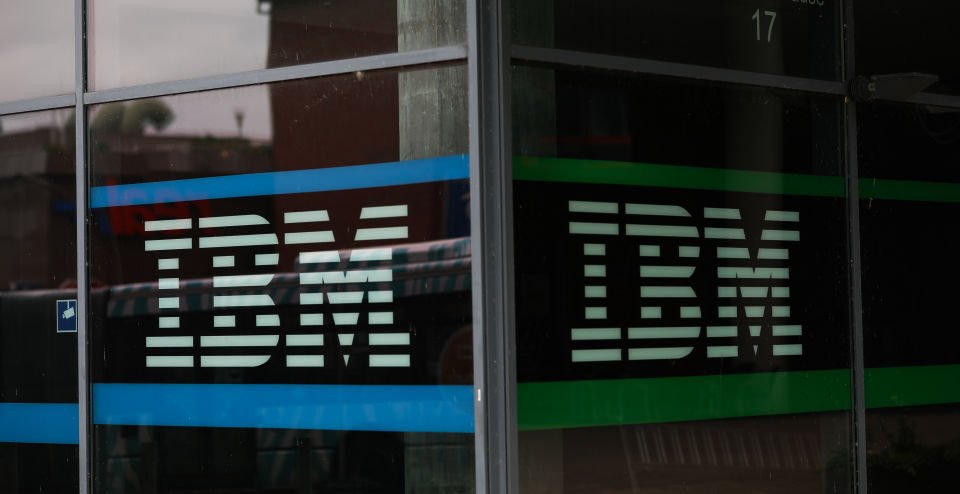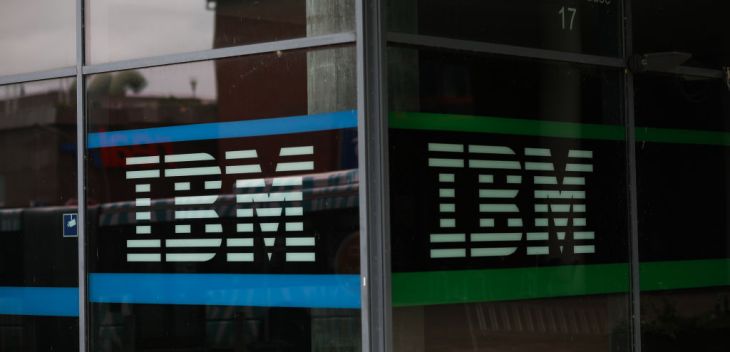IBM moves deeper into hybrid cloud management with $6.4B HashiCorp acquisition


IBM wisely gravitated away from trying to be a pure cloud infrastructure vendor years ago, recognizing that it could never compete with the big three: Amazon, Microsoft and Google. It has since moved onto helping IT departments manage complex hybrid environments, using its financial clout to acquire a portfolio of high-profile companies.
It began with the $34 billion Red Hat acquisition in 2018, continued with the Apptio acquisition last year, and it kept it going on Wednesday when the company announced that it would be acquiring cloud management vendor HashiCorp for $6.4 billion.
With HashiCorp, Big Blue gets a set of cloud lifecycle management and security tools, and a company that is growing considerably faster than any of IBM’s other businesses — although the revenue is small by IBM standards: $155 million last quarter, up 15% over the prior year. That still makes it a healthy and growing business for IBM to add to its growing stable of hybrid cloud tools.
IBM CEO Arvind Krishna certainly sees the value of this piece to his company’s hybrid strategy, and he even threw in an AI reference for good measure. “HashiCorp has a proven track record of enabling clients to manage the complexity of today’s infrastructure and application sprawl. Combining IBM’s portfolio and expertise with HashiCorp’s capabilities and talent will create a comprehensive hybrid cloud platform designed for the AI era,” he said in a statement.
HashiCorp made headlines last year when it changed the license on its open source Terraform tool to be more friendly to the company. The community that helped build Terraform wasn’t happy and responded by launching a new open-source alternative called OpenTofu. HashiCorp recently accused the new community of misusing Terraform’s open-source code when it created the OpenTofu fork. Now that the company is part of IBM, it will be interesting to see if they continue to pursue this line of thinking.
It’s worth noting that Red Hat also made headlines last year when it changed its open-source licensing terms, also causing consternation in the open-source community. Perhaps these companies will fit well together, both from a software perspective and their shifting views on open source.
Just this week, the company introduced a new platform concept with the release of the Infrastructure Cloud, a concept that should fit nicely inside IBM’s hybrid cloud product catalog. While they didn’t add much in terms of functionality, it did unify the offerings under a single umbrella making it easier for sales and marketing to present to customers.
If IBM treats HashiCorp in a similar way to Red Hat, the company would maintain its independence inside the IBM family of products. AVOA, a research firm run by former CIO Tim Crawford, says the company would be wise to keep it neutral.
“My reservation would be if IBM moves away from Hashicorp’s neutral stance in working with multiple cloud providers and focuses on IBM Cloud. I suspect that would not be the case as IBM has recently shown how they are more open with other cloud providers,” Crawford wrote in a recent blog post.
HashiCorp was founded in 2012 and raised almost $350 million before going public in 2021.











